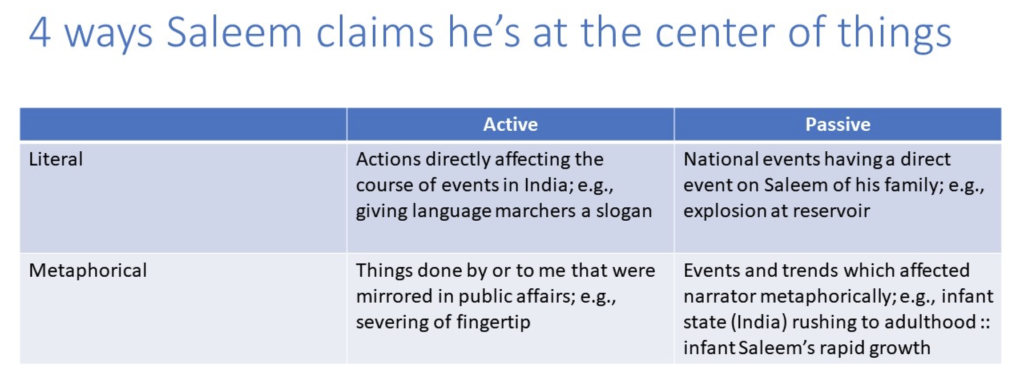In the Jewish tradition, there’s this idea of Torah portions — parashot plural and parashah singular — that you read each week for about a year. And it starts this week. This very one! Right now!
With a couple other family members, I’m embarking on this wee adventure, to get from front cover to back, as part of a larger series I call: “Finally reading books I was supposed to read in college and didn’t finish.”
Getting ready to dive in, I realized that this is sort of the world’s largest Meander. The Original Meander. A big text, broken into smallish weekly pieces, read by a multitude. For it turns out there is, in fact, nothing new under the sun…
Anyways, in that Meander-ish spirit, I thought I’d try to capture a few notes here each week.
If you’d like to join with your own observations for any part of the way — a parashah, or two, or twenty — all are welcome…!
This week: Bereshit (Genesis 1.1 – 6.8)
What a beautiful section. We meet the creeping animals. And the flying ones. Lots and lots of creeping animals. That seems to be important. The sky and the sea. The stars that guide us. God the decisive, God the judging, and God the just. Swift but not cruel. “Here’s some clothes.” (paraphrasing)
And we meet flawed humans a plenty.
A few thoughts that stuck:
- “They heard the sound of the Lord God moving about in the Garden at the breezy time of day…” just a wonderful sense-image that’s lasted through the years.
- All credit to him for being the first Man and everything, but Adam is also kind of the first jerk. I’m pretty sure he threw both Eve and God under that bus in one move.
- Pro tip: do not get attached to Abel.
- Seth on the other hand needs a much better PR agent. It might as well have been Cain, Abel, and Steve. Or Chauncey. Have you heard of so-called Seth? I hadn’t. Turns out he’s a big deal.
Overall, my head was spinning after the first few pages, in the best way. Sweeping text. Copious plot. The serpent shows up like 2 minutes in! Drama!
Eden turns out to be Iraq, which was news to me. They basically drew a map for us with a big X on it. There’s gold there! And bdellium! (bdellium: “a fragrant resin produced by a number of trees related to myrrh, used in perfume.”) Road trip?
Also, the Nephilim were a complete curveball. Which just goes to show that I’ve fallen asleep during a few crucial episodes of Supernatural.
Speaking of curveballs, what’s up with this: “the divine beings saw how beautiful the daughters of men were and took wives from among those that pleased them”? (6.2) I mean, I can’t even.
Head: spinning. Happy to be reading. Onward!
If you’d like to join in… This is the place for comments and commentary on Bereshit (Gen 1 – 6.8).
Next up: (a man called) Noaḥ (Gen 6.9 – 11.32)
-Cecil
-Cecil
